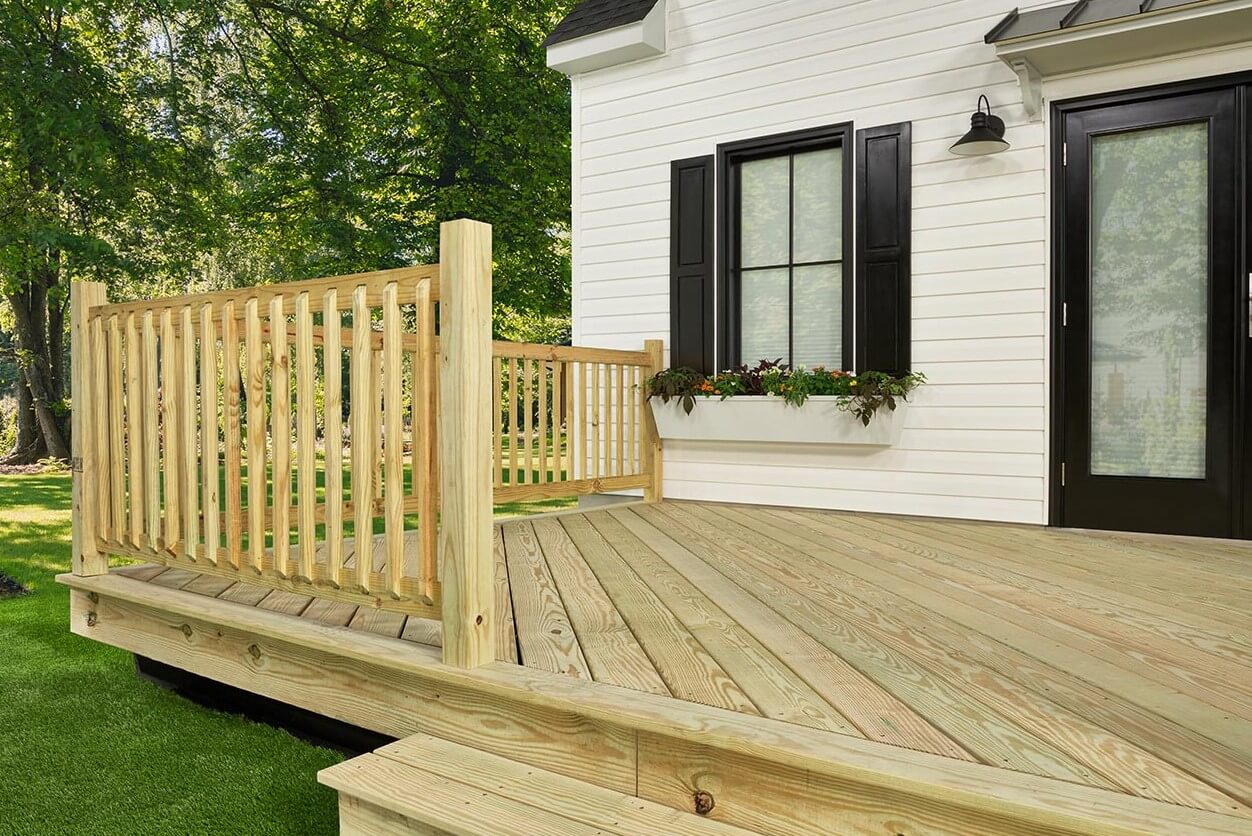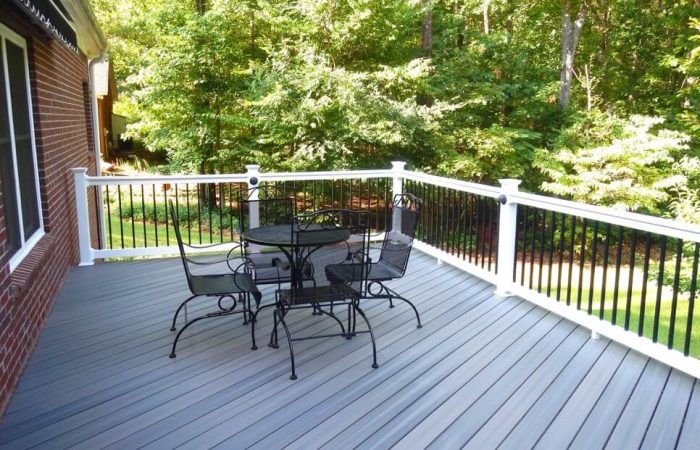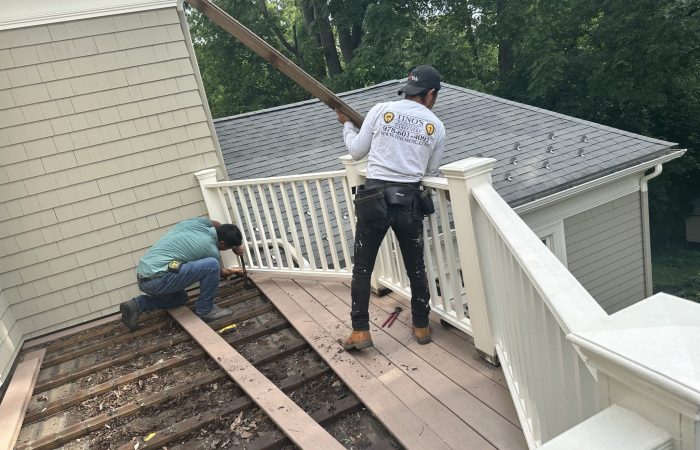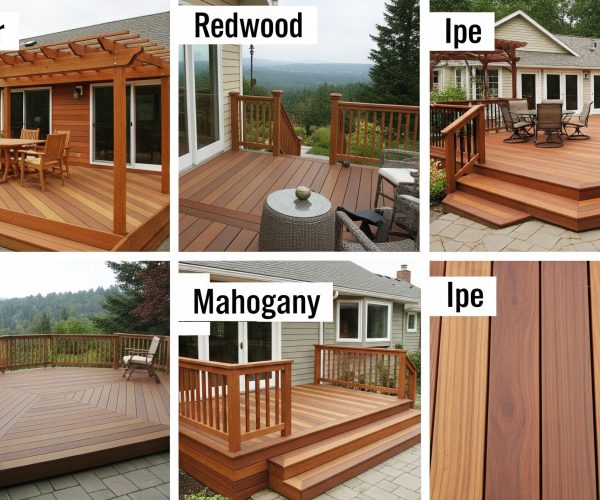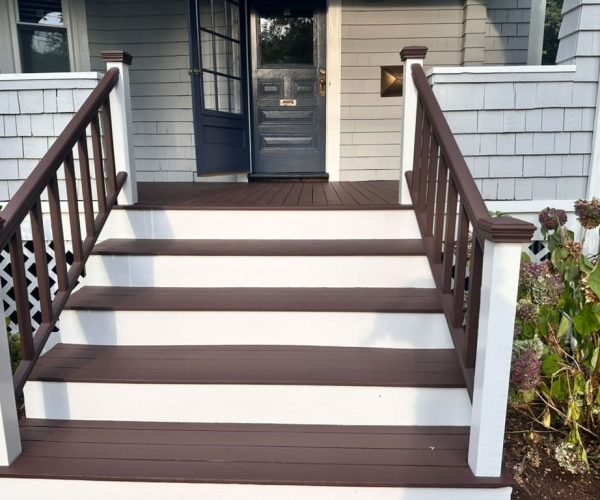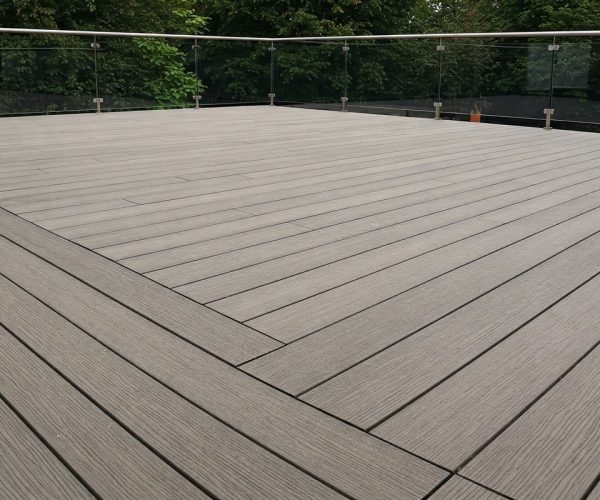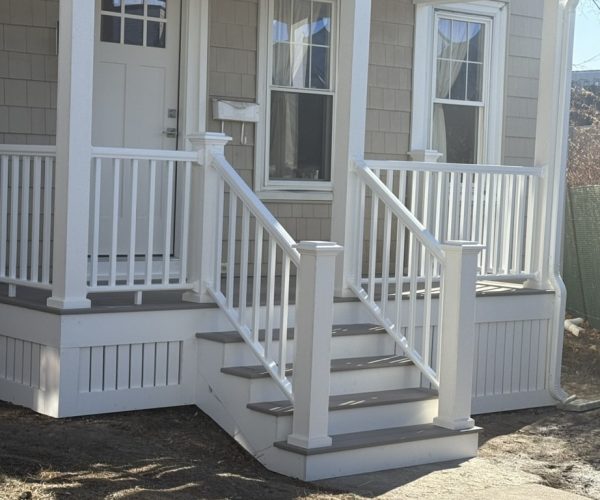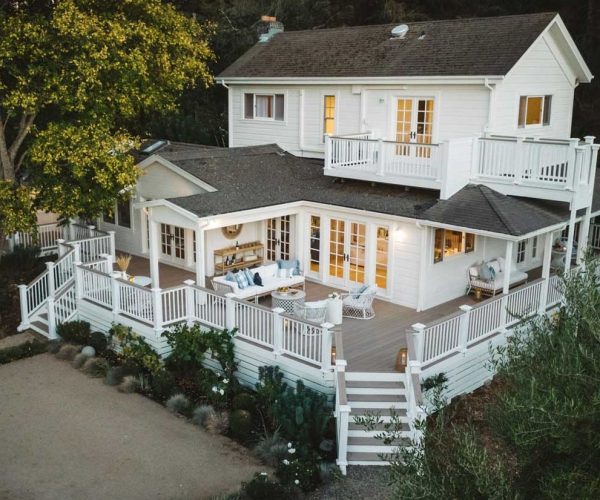If your deck is showing signs of aging, wear, or structural issues, it might be time for a deck replacement. A well-maintained and properly installed deck not only enhances the beauty of your outdoor space but also increases the value of your home. In this guide, we’ll cover everything you need to know about deck replacement, including types, materials, costs, and benefits.
Deck replacement refers to the process of removing an existing deck and constructing a new one in its place. This can involve replacing all components of the deck, including the decking boards, framing, railings, and footings, or just portions of the deck, such as the decking boards or railings. Deck replacement is typically necessary when the existing deck is damaged beyond repair, structurally unsound, or no longer meets the needs of the homeowner.
Signs You Need a Deck Replacement
Before starting a deck replacement project, it’s crucial to identify whether your current deck is beyond repair. Here are some key indicators:
- Rotting or Decaying Wood – If your deck boards, posts, or railings are deteriorating, a deck replacement is necessary to prevent safety hazards.
- Loose or Wobbly Railings – Unstable railings compromise safety and signal deeper structural issues.
- Extensive Mold or Mildew Growth – Excessive moisture can weaken your deck’s integrity, making deck replacement a better long-term solution.
- Termite Damage – If termites have infested your wood deck, it’s often best to opt for a full deck replacement rather than patching damaged areas.
- Sagging or Warping Deck Boards – This issue indicates structural weaknesses, requiring a new deck installation.
- Excessive Splinters or Cracks – Cracked or splintered boards not only look unappealing but also pose a risk of injury.
1. Wood Deck Replacement
Wood decks are a classic choice, but over time, exposure to the elements can lead to decay and structural weaknesses. Replacing your wood deck with high-quality lumber, such as pressure-treated wood, cedar, or redwood, can ensure longevity and durability.
2. Composite Deck Replacement
For homeowners looking for a low-maintenance option, composite deck replacement is an excellent choice. Composite decking is resistant to rot, insects, and fading, making it a durable and long-lasting investment.
3. PVC Deck Replacement
PVC decking is entirely synthetic and provides superior resistance to moisture and weather conditions. If you want a hassle-free, waterproof option, a PVC deck replacement is ideal.
4. Aluminum Deck Replacement
For extreme durability and modern aesthetics, consider an aluminum deck replacement. Aluminum decks are resistant to corrosion, fire, and heavy loads, making them a great option for long-term use.
5. Multi-Level Deck Replacement
If your home features a multi-tiered deck, replacing damaged levels with a custom multi-level deck replacement can enhance functionality and aesthetics.
Benefits of Deck Replacement
1. Enhanced Safety
An old, unstable deck can pose significant safety risks. A deck replacement ensures that your outdoor space is secure for family and guests.
2. Increased Home Value
A brand-new deck enhances curb appeal and boosts property value, making it a worthwhile investment for homeowners considering resale.
3. Improved Aesthetic Appeal
Upgrading your deck with modern materials and designs can significantly improve your outdoor space’s visual appeal.
4. Low Maintenance Options
Opting for a composite deck replacement or PVC deck replacement reduces maintenance efforts while providing long-lasting durability.
